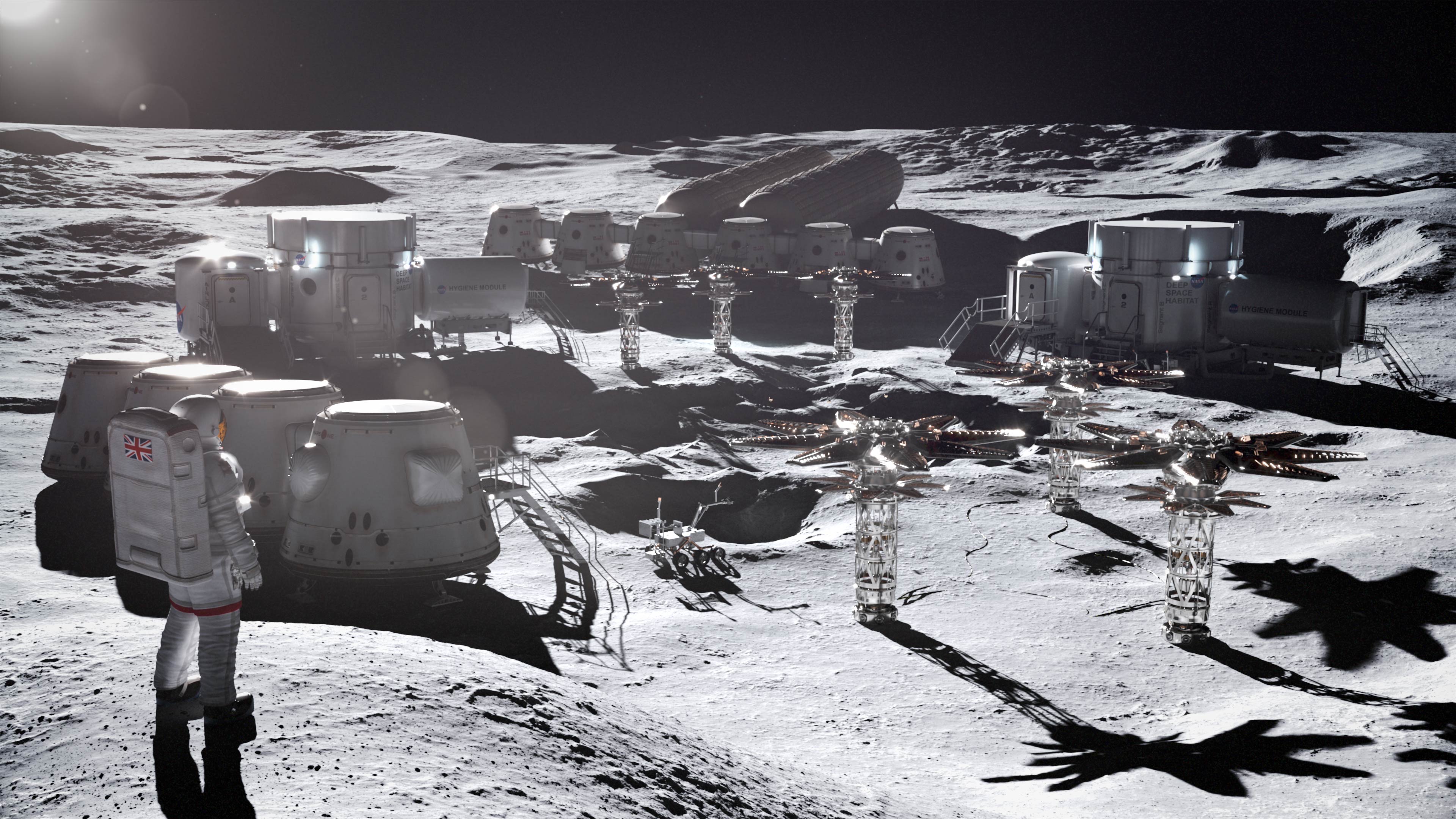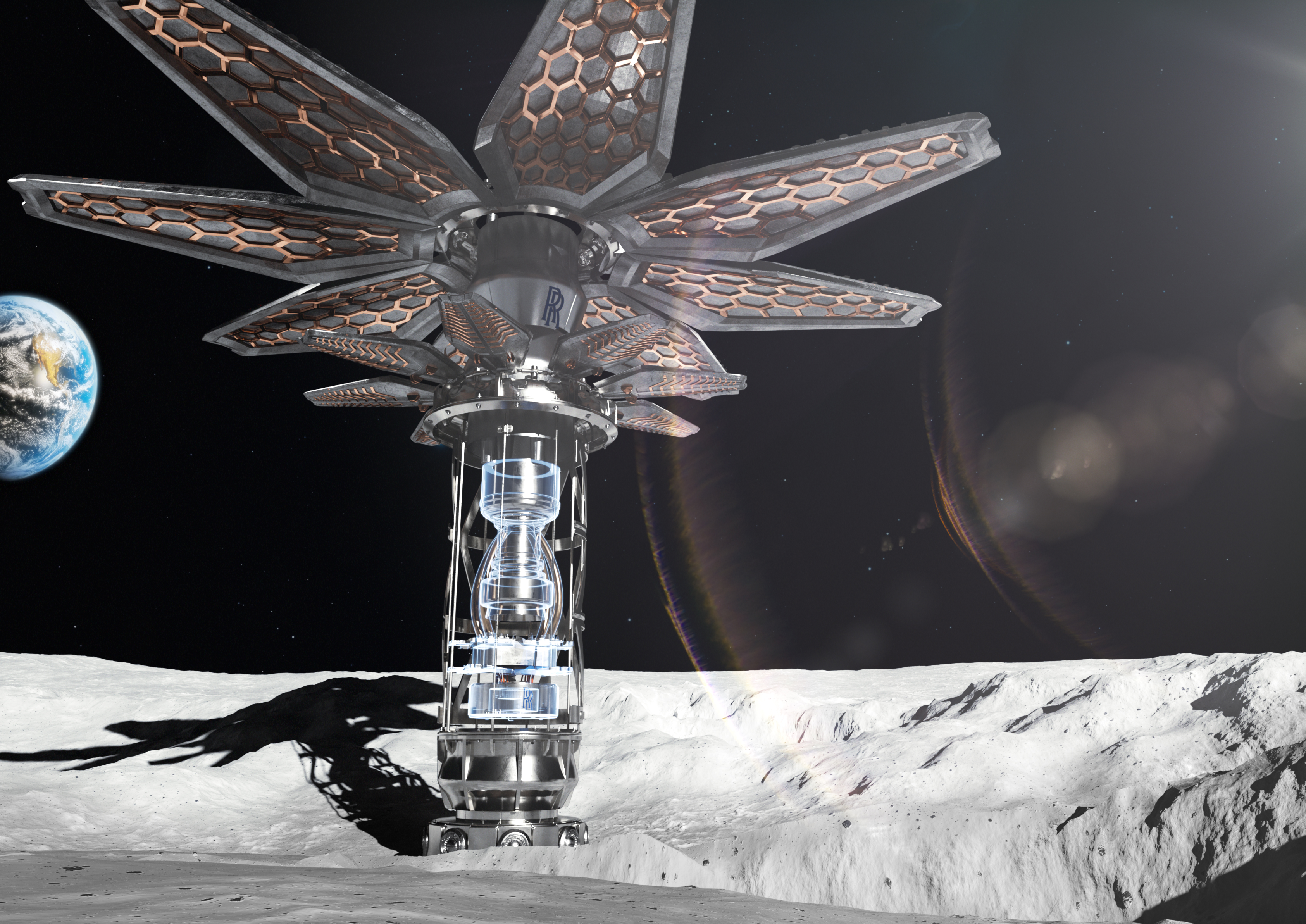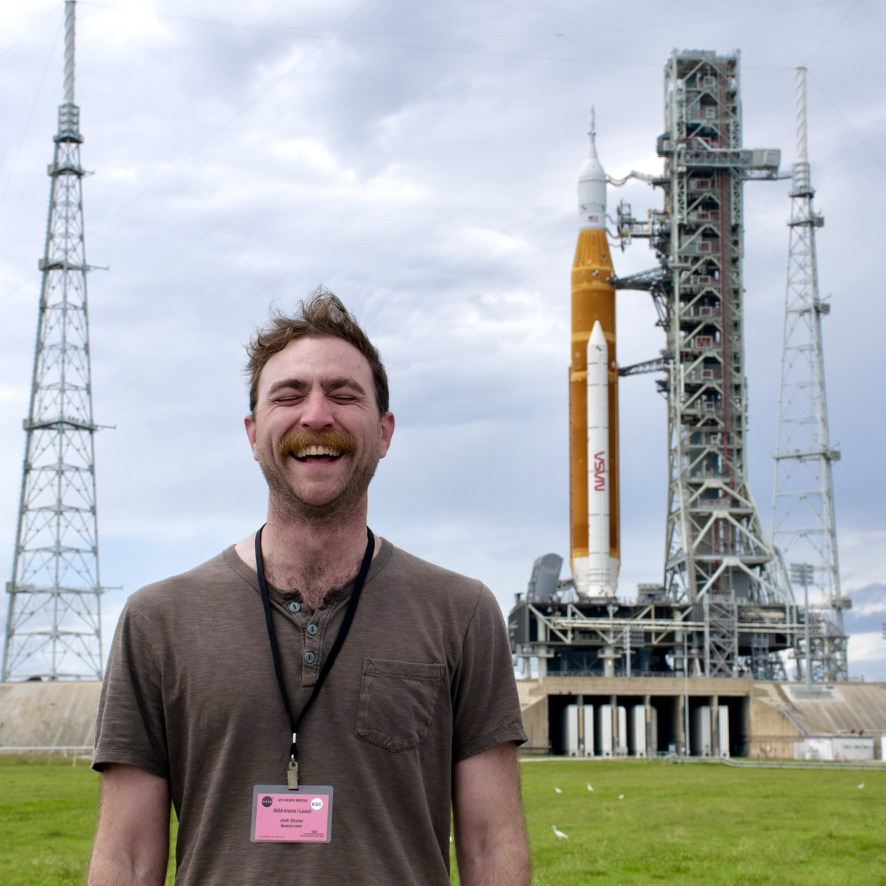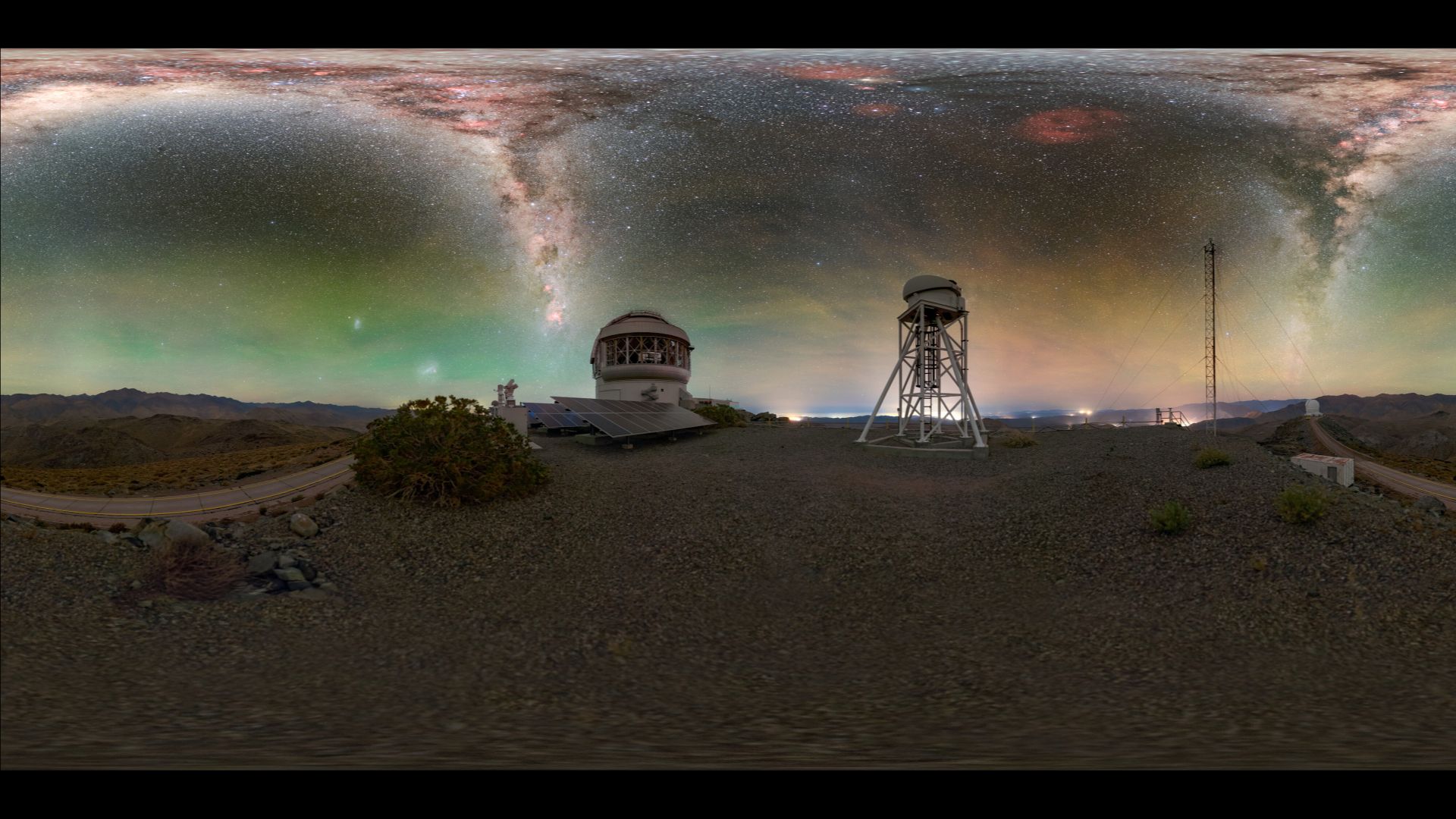Rolls-Royce gets funding to develop miniature nuclear reactor for moon base
The company hopes to have a demonstration model for a modular micro-reactor ready to deliver to the moon by 2029.

The U.K. Space Agency has decided to continue funding a project by Rolls-Royce to create a small nuclear-powered reactor that could serve as a long-term energy source for lunar bases.
The new boost to Rolls-Royce’s research pot follows a previous $303,495 (£249,000) study funded by the U.K. Space Agency in 2022. With the new funds, the company hopes to have a demonstration model for a modular micro-reactor ready to deliver to the moon by 2029.
In a March 17 press release, Rolls-Royce and the U.K. Space Agency state that the micro-reactor program will help to "develop technology that will provide power needed for humans to live and work on the moon."
Related: Rolls-Royce unveils early-stage design for space nuclear reactor

The continuing research will focus on three critical aspects of the micro-reactor: generating heat, transferring that heat and converting that heat into usable energy.
"This innovative research by Rolls-Royce could lay the groundwork for powering continuous human presence on the moon," Paul Bate, chief executive of the U.K. Space Agency, said in the press release.
There is also the matter of outfitting the micro-reactor to operate in the lunar environment. Currently, a majority of space travel is powered by solar energy. A nuclear power source allows for more versatility in missions, and less reliance on the sun.
Breaking space news, the latest updates on rocket launches, skywatching events and more!
To help Rolls-Royce scientists and engineers, the company has partnered with the University of Oxford, University of Bangor, University of Brighton, the University of Sheffield’s Advanced Manufacturing Research Centre (AMRC) and Nuclear AMRC.
"Partnerships like this, between British industry, the U.K. Space Agency and government, are helping to create jobs across our £16 billion space tech sector and help ensure the U.K. continues to be a major force in frontier science," George Freeman, Minister of State at the Department of Science, Innovation and Technology, said in the March 17 press release.
Follow us on Twitter @Spacedotcom or Facebook.

Josh Dinner is the Staff Writer for Spaceflight at Space.com. He is a writer and photographer with a passion for science and space exploration, and has been working the space beat since 2016. Josh has covered the evolution of NASA's commercial spaceflight partnerships and crewed missions from the Space Coast, as well as NASA science missions and more. He also enjoys building 1:144-scale model rockets and human-flown spacecraft. Find some of Josh's launch photography on Instagram and his website, and follow him on X, where he mostly posts in haiku.
